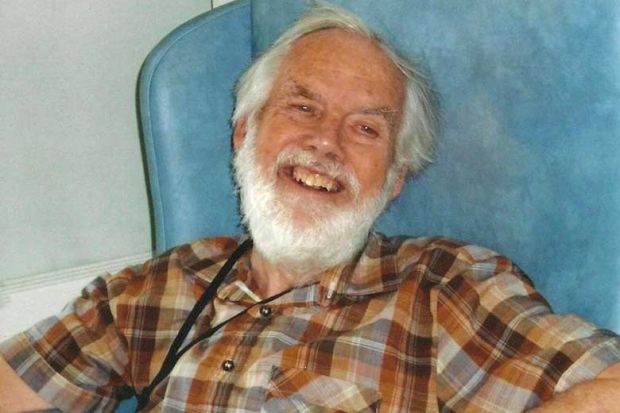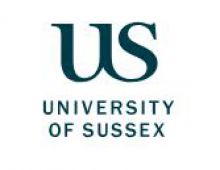A historian who transformed our understanding of early modern England has died.
William Lamont was born in London in 1934 and educated at Harrow Weald County Grammar School. It was only at the last moment that he decided to apply to university and secured a place to study history at what was then Queen Mary College (1952-55), now Queen Mary University of London. He trained to be a teacher at the Institute of Education (1955-56), now part of UCL, and taught part-time at St Paul’s School (1955-59) while pursuing a doctorate at the Institute of Historical Research (1956-61), part of the University of London, on the 17th-century lawyer and polemicist William Prynne. This later became his first book, Marginal Prynne, 1600-1669 (1963).
After teaching at Hackney Downs School (1959-63), Professor Lamont was appointed lecturer in history at the Aberdeen College of Education (1963-66), now part of the University of Aberdeen. From there, he moved to the University of Sussex for the rest of his career (1966-99), as a professor from 1980. He fully embraced the new university’s commitment to interdisciplinarity, for example in a joint course with Sybil Oldfield that led to their co-edited book Politics, Religion, and Literature in the Seventeenth Century (1975). He published a series of path-breaking books on the same era, including Godly Rule: Politics and Religion, 1603-1660 (1969), Richard Baxter and the Millennium (1979), Puritanism and Historical Controversy (1996) and, after retirement, Last Witnesses: the Muggletonian History, 1652-1979 (2006). He also appeared on a television programme with the widow of the last known Muggletonian, a surprising survivor of a sect that had been highly obscure even in the 17th century.
In a collection titled Willie Lamont: History Man, published by his widow Linda Lamont in 2016, Colin Davis, emeritus professor of history at the University of East Anglia, described how he had exploded the simple view of Puritans as “clear-headed, single-minded [and] certain in their righteousness” and revealed puritan politics as “complex, sometimes stumbling and confused, full of dilemmas and pitfalls for the conscientious. Simple, black and white, certainties were gone…This, for me, is that major transformation which the scholarship of Willie, and others, wrought, deepening and enhancing our understanding of early modern history and the English Revolution.”
Few other “intellectual heavyweights”, Professor Davis went on, “bear that title so lightly and inspire so much affection amongst colleagues, students and ancillary staff. Working with Willie, once it was known that that was what you were doing, was like being given a bus pass into the (in my case, undeserved) affections of others.”
Professor Lamont died on 31 December 2018 and is survived by Linda, their three daughters and nine grandchildren.
Register to continue
Why register?
- Registration is free and only takes a moment
- Once registered, you can read 3 articles a month
- Sign up for our newsletter
Subscribe
Or subscribe for unlimited access to:
- Unlimited access to news, views, insights & reviews
- Digital editions
- Digital access to THE’s university and college rankings analysis
Already registered or a current subscriber? Login






